2023 Dirty Dozen and Clean Fifteen – An apple a day keeps the doctor away…that is…when it isn’t drenched in pesticides. Each year, the Environmental Working Group (EWG) publishes their yearly “Dirty Dozen” list of the most pesticide-contaminated produce in an effort to inform consumers which fruits and vegetables are best to buy organic. Apples, a repeat offender, tops the list again. According to the EWG, “Pesticides have been linked to cancer, hormone disruption and abnormal brain and nervous system development, among other health problems.”
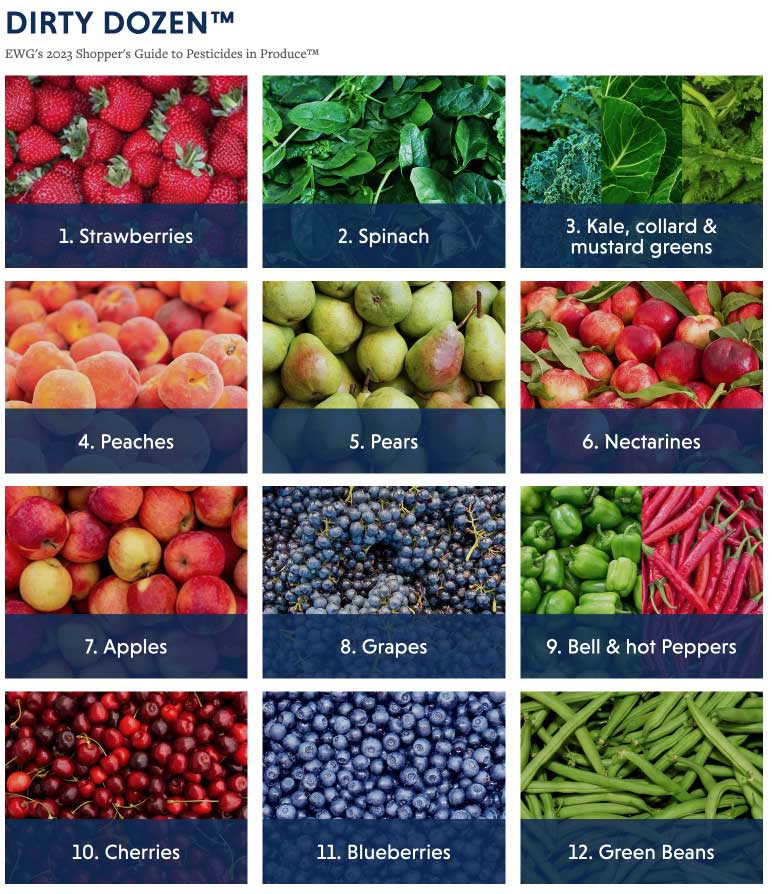
Don’t Skip Produce – Source Organic
This 2023 Dirty Dozen list doesn’t mean that you should skip over the produce with high-levels of contaminants. Rather, you are best to stick to organic when it comes to these fruits and vegetables. But, the all too sad fact that organic produce is more expensive than non-organic is still a reality that sometimes makes grocery shopping a battle between our health and our wallets. So, the dirty dozen list is a great guide to keep in mind when you’re in the produce department.
Do the best you can — and make decisions that work for your family while also keeping high-levels of pesticides out of your kitchen and off your plate.
Highlights of 2023 Dirty Dozen:
- “Every sample of imported nectarines and 99 percent of apple samples tested positive for at least one pesticide residue.”
- “The average potato had more pesticides by weight than any other food.”
- “A single grape sample contained 15 pesticides. Single samples of celery, cherry tomatoes, imported snap peas and strawberries showed 13 different pesticides a piece.”
2023 Clean Fifteen List
But, since we like to keep it clean around here, we want to focus on “The Clean Fifteen” that the EWG publishes in tandem with “The Dirty Dozen.” This list doesn’t receive as much attention than the dirty dozen, but we thought we’d take the cleaner spin on this all-too-important topic. Here is a list of the foods that can save you a little cash at your local green grocer:
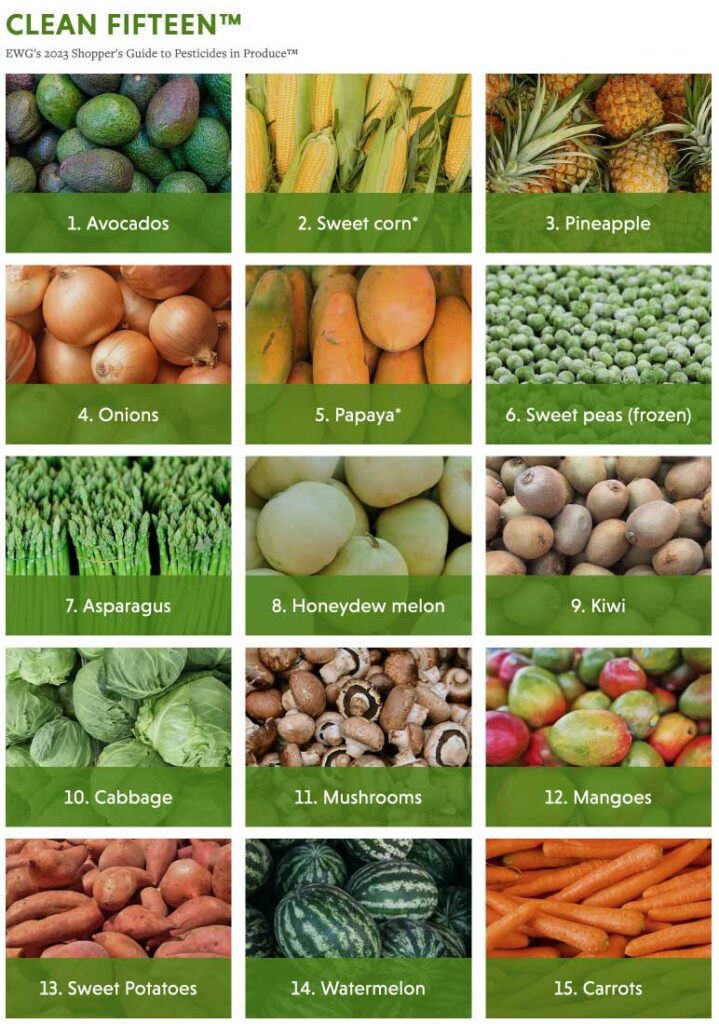
Highlights of the 2023 Clean Fifteen:
- “Avocados were the cleanest: only 1 percent of avocado samples showed any detectable pesticides.”
- “Some 89 percent of pineapples, 82 percent of kiwi, 80 percent of papayas, 88 percent of mango and 61 percent of cantaloupe had no residues.”
- “No single fruit from the Clean Fifteen™ tested positive for more than 4 types of pesticides.”
- “Detecting multiple pesticide residues is extremely rare on “Clean Fifteen” vegetables. Only 5.5 percent of Clean Fifteen samples had two or more pesticides.”
Asparagus is in season right now, so don’t feel bad about buying non-organic. Drizzle it with a little extra virgin olive oil and lemon, and sprinkle with some sea salt, and you are in for a clean, delicious, treat!
Download a Copy for your Wallet or Purse
A few years ago, I started carrying this little printable in my purse to take to the market each week. It’s a big list to remember and I much prefer to not be trying to find an article on my phone while I’m in the produce section. Instead, just print off a copy of this years list and refer back to it as you need to. Eventually, you’ll be able to choose quickly!
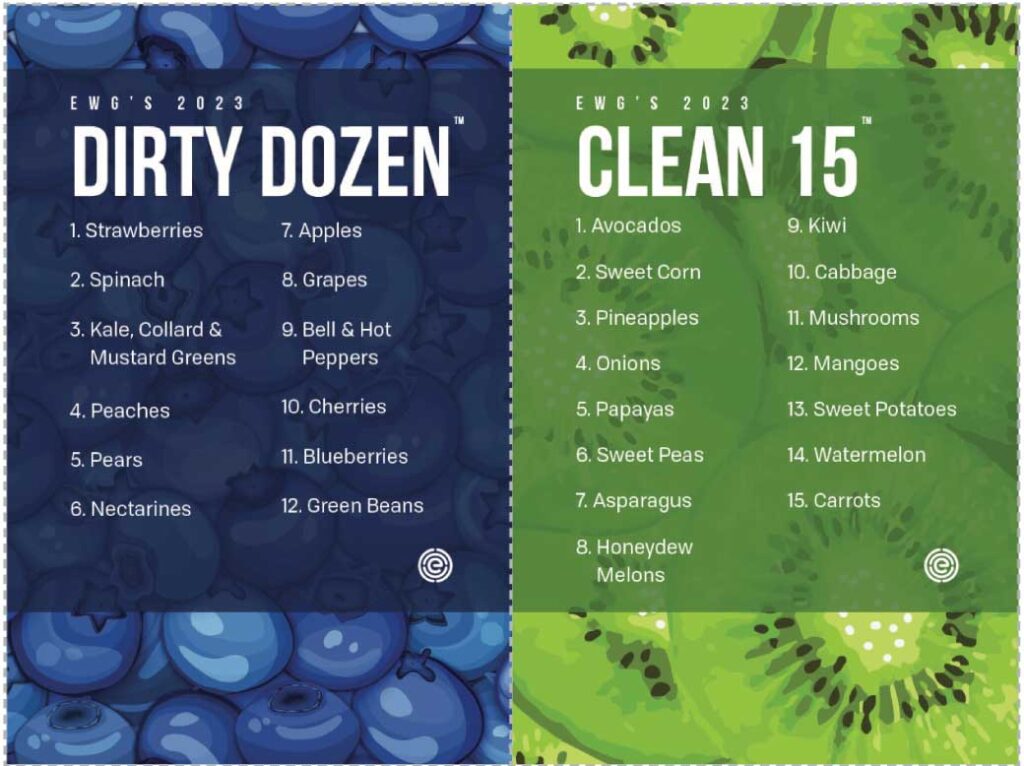
Remember….don’t shun these delicious and nutritious fruits and veggies. Just make sure you buy organic when purchasing them. I’m about to make and pack my lunch with some deliciously ripe cherry tomatoes right now!
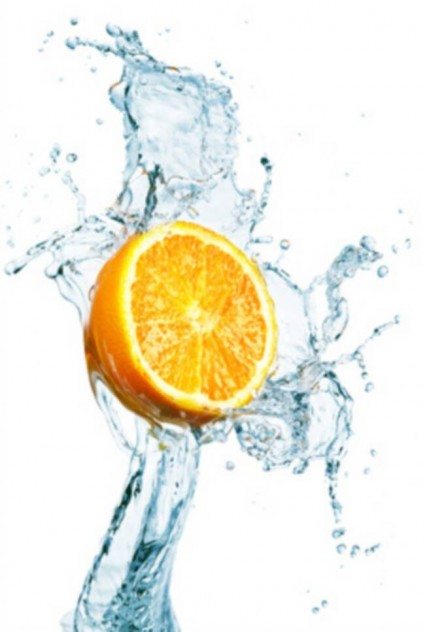
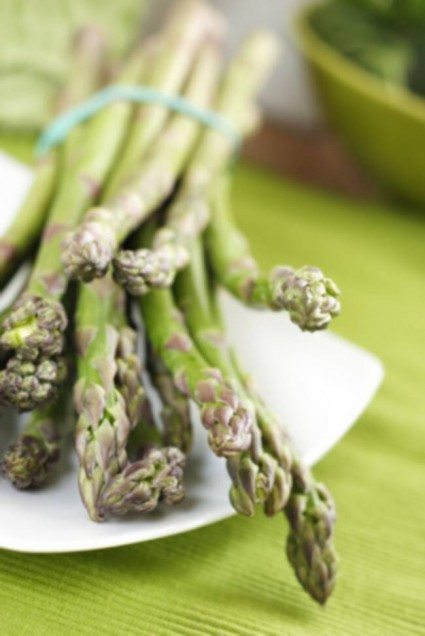

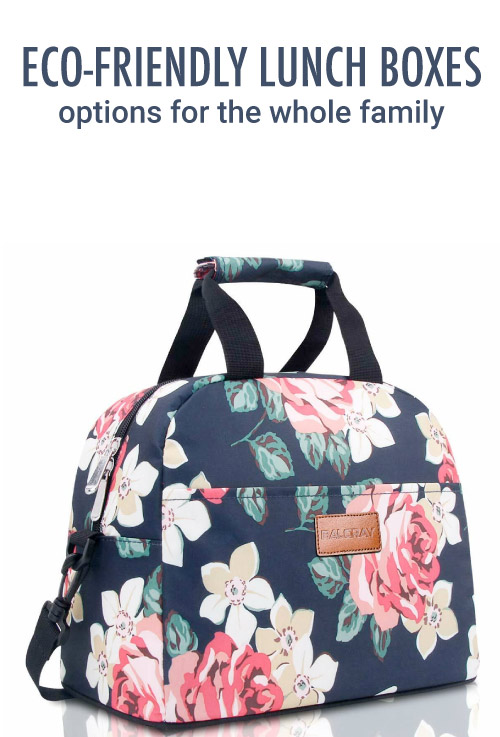
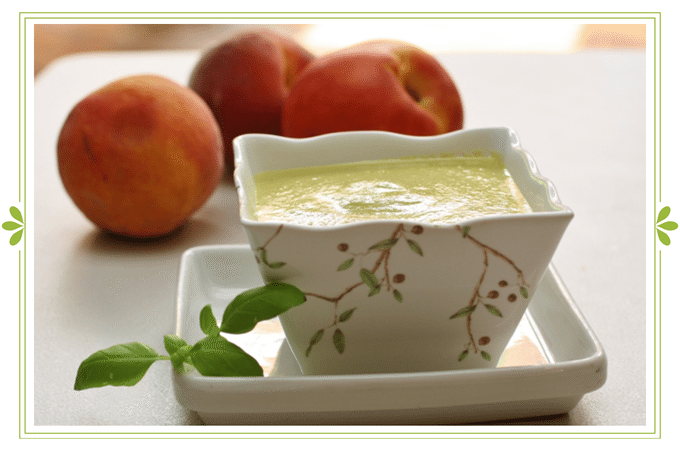
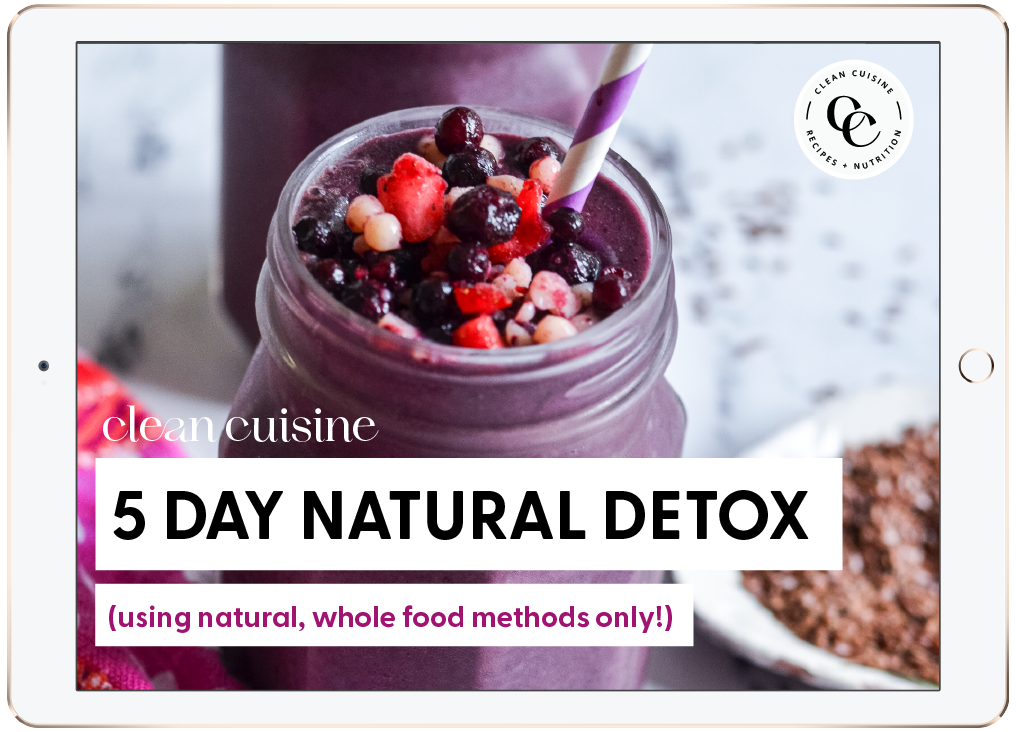
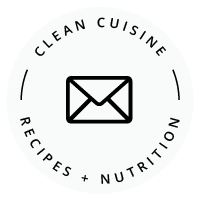
Michelle Klebofski
Thursday 25th of May 2023
Thank you so very much for this wonderfully beneficial information.
Aimee
Thursday 25th of May 2023
@Michelle Klebofski, Thank you for your inspiration!! A great way to choose the difference and save some money too!